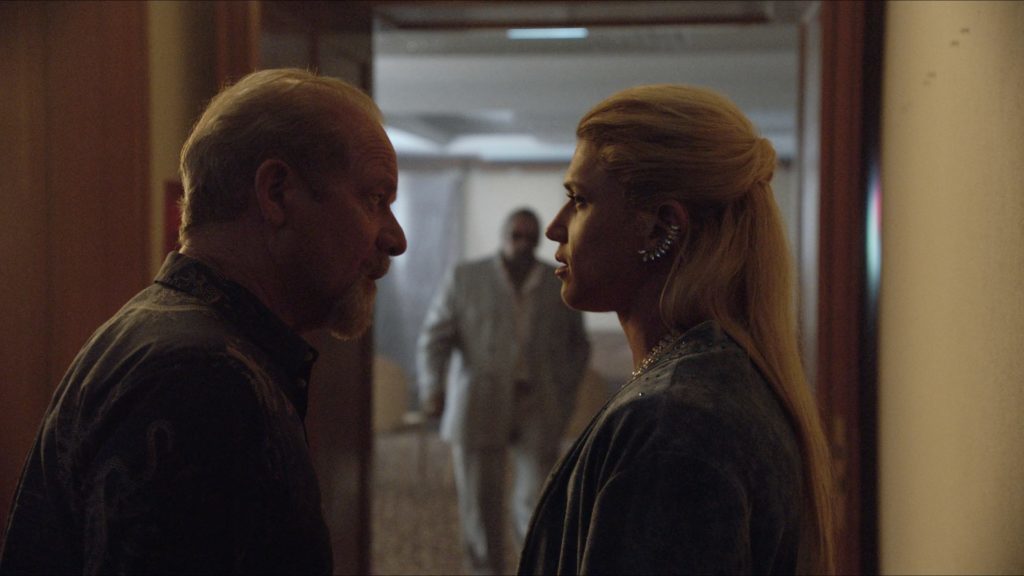Elsa Amiel previously directed two short films, “Ailleurs seulement” and “Faccia d’Angelo.” “Pearl” is her feature debut.
“Pearl” will premiere at the 2018 Venice Film Festival on September 1.
W&H: Describe the film for us in your own words.
EA: The main character, Pearl, shows how the struggle of an athlete to achieve excellence is also the struggle of a woman to assert her own true self.
W&H: What drew you to this story?
EA: The desire to question [what we consider the conventional] feminine form and the discovery of an unknown and rich world — bodybuilding.
W&H: What do you want people to think about when they are leaving the theater?
EA: They’re expecting to see a monster who loves pumping iron, and they will discover and love a woman.
W&H: What was the biggest challenge in making the film?
EA: Working with professional and non-professional actors, and telling a fictional story with true athletes.
W&H: How did you get your film funded? Share some insights into how you got the film made.
EA: The movie is really innovative and original because it raises questions about women that are often hidden. Thus, it has been a pure challenge to finance it. My producers in France and Switzerland have combined public and private money.
W&H: What inspired you to become a filmmaker?
EA: Everybody is an artist in my family and I grew up in theaters all around the world. I also could have become a mime or an actress. Becoming a filmmaker was a deep and powerful feeling since I was a teenager. I wanted to share my thoughts within this cinematic world.
W&H: What’s the best and worst advice you’ve received?
EA: Best advice: Trust your intuition and believe strongly in it: you’re the only one who knows.
I forgot the worst advice.
W&H: What advice do you have for other female directors?
EA: Consider yourself as a filmmaker, not as female filmmaker.
W&H: Name your favorite woman director and why.
EA: I’d say Chantal Akerman for not being a female director, but a great true director with an independent spirit, an intransigence, and above all, an amazing filmography.
W&H: Hollywood and the global film industry are in the midst of undergoing a major transformation. What differences have you noticed since the #MeToo and #TimesUp movements launched?
EA: It is essential that we end various forms of harassment with female — and male — victims. People spoke up, which is a huge step and one we need to be proud of. Now we need to go on, and raise fundamental questions about making movies, and how women are considered in this industry.
It would be useless if the movement was just a trend. We have to make sure that [directors are hired on movies] for [their] artistic point of view and direction, and not because of the [filmmaker’s gender]. But we know also that movies directed by men and by women are not financed in the same way. We still have a lot to do for women to be considered equal as men in the film industry.







